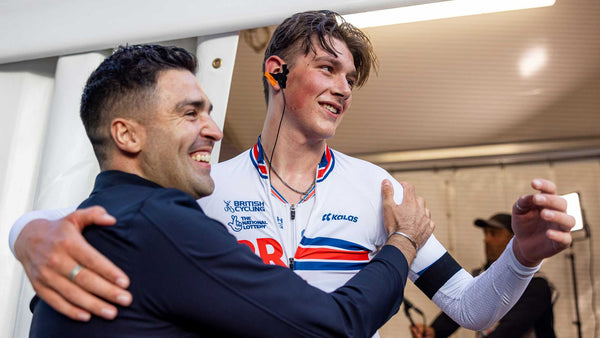Shady deals, secret handshakes, seven digit contracts, ruthless negotiation. These are a few of the preconceptions some have about rider agents in the cycling world. Their job isn’t one that gets talked about much, it’s a role that deals with muddied waters, awkward conversations and brutal disappointments. While we can all allow ourselves to become engrossed in the magic and romance of the Tour de France or the beautiful landscapes of the Giro d’Italia, cycling, like most things, has to run on money. And rider agents sit at the very centre of this crucial sector of the spot.
Some agents prefer to keep the shadows and mystery surrounding what they do, often due to confidentiality clauses or legal reasons, and it means many of us remain in the dark about how it all works. Why would Mark Cavendish’s contract take so long to sign? How can an athlete be signed to a management company at just 17 years old? What do you do when a team like B&B Hotels folds and riders have already signed a contract for the next season?
Jamie Barlow has worked in cycling management and agency for close to a decade, and he’s dealt with some of the biggest up and coming talents in the sport, including the likes of Tom Pidcock, Ben Tulett and Jake Stewart. In August 2021, Barlow made the decision to start his own cycling agency, 258 Protégé – in partnership with English professional boxer Anthony Joshua – and he wanted to do things differently. He’s since signed some of the most exciting talent in the WorldTour, including brothers Ethan and Leo Hayter, junior world champion Joshua Tarling and U23 women’s world champion Niamh Fisher-Black.
Speaking exclusively to Rouleur, Barlow explained the ins and outs of running a cycling management company. From contract negotiations to being a mentor figure to his riders and everything in between, this is what it’s like to help facilitate some of the biggest deals in professional cycling.
How does it really work?
“It’s far less glamorous than people think, people have misconceptions and maybe they think of football and massive numbers being turned around. It’s quite different driving over at 6am on a Eurotunnel to Belgium in March or April, eating at petrol stations and standing around in the cold,” Barlow says with a smile. He explains that he works in cycling out of pure love for the sport – his grandfather was a professional rider and it’s always been a big part of his life.
Still, Barlow’s…

